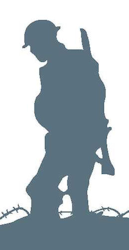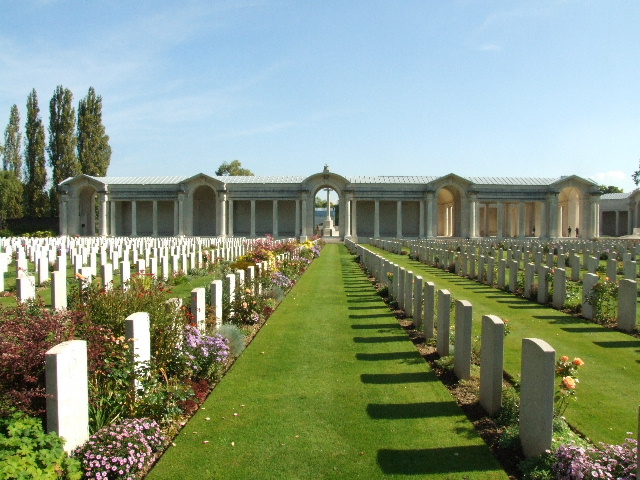Name
Edwin Ivison
Conflict
First World War
Date of Death / Age
26/03/1918
Rank, Service Number & Service Details
Private
T/207904
The Queen's (Royal West Surrey Regiment)
10th Bn.
Awards: Service Medals/Honour Awards
1914 /15 Star, British War and Victory medals
Cemetery/Memorial: Name/Reference/Country
ARRAS MEMORIAL
Bay 2.
France
Headstone Inscription
NA
UK & Other Memorials
We are not aware of any memorial in Garston,
Baptist Church Memorial, South Norwood, Gt London
Pre War
Edwin was born in 1894 in Hackney, London, the second son of William James, a print traveller, and Frances (nee James).
On the 1901 Census the family of father, mother, sons Harold, Edwin, Howard and daughters Blanche, and Constance were living at 125 Warwick Road, Edmonton On the 1911 Census the family were now living at 14 Langley Road, South Norwood with the addition of son Lawrence and daughter Muriel. Edwin was working as a photo process operator.
His parents later lived at "Ambleside", Garston, Herts.
Wartime Service
Edwin enlisted in Surrey Yeomanry (Queen Mary’s Regiment in Oct 1914 as Private 2314. He was posted to C Squadron, part of 29 Division) and in March 1915 destined for Gallipoli but were retained on Imbros as GHQ Troops.
Following the evacuation of Gallipoli His unit was deployed to France, landing in May 1916. Following the Battle of the Somme his Unit was dismounted in July 1917 for training as infantry and in Sep 1917 was absorbed by 10 (Service) Battalion Queen’s (Royal West Surrey) Regiment. Following the renumbering of Territorial Force soldiers in 1917 Edwin’s number became 45443 and finally T/207904 in 10 Battalion Queen’s. Edwin was killed in action on 26 Mar 1918 during the Battle of Bapaume (during the German Spring Offensive).
His remains were not recovered and he is remembered on the Arras Memorial.
Additional Information
War Gratuity of £16 and arrears of £17 5s 0d was paid to his father. His brother Hugh Casson Ivison also served in the Surrey Yeomanry as Private 2315 and 45544 with a similar record but survived the Great War.
Acknowledgments
Neil Cooper



